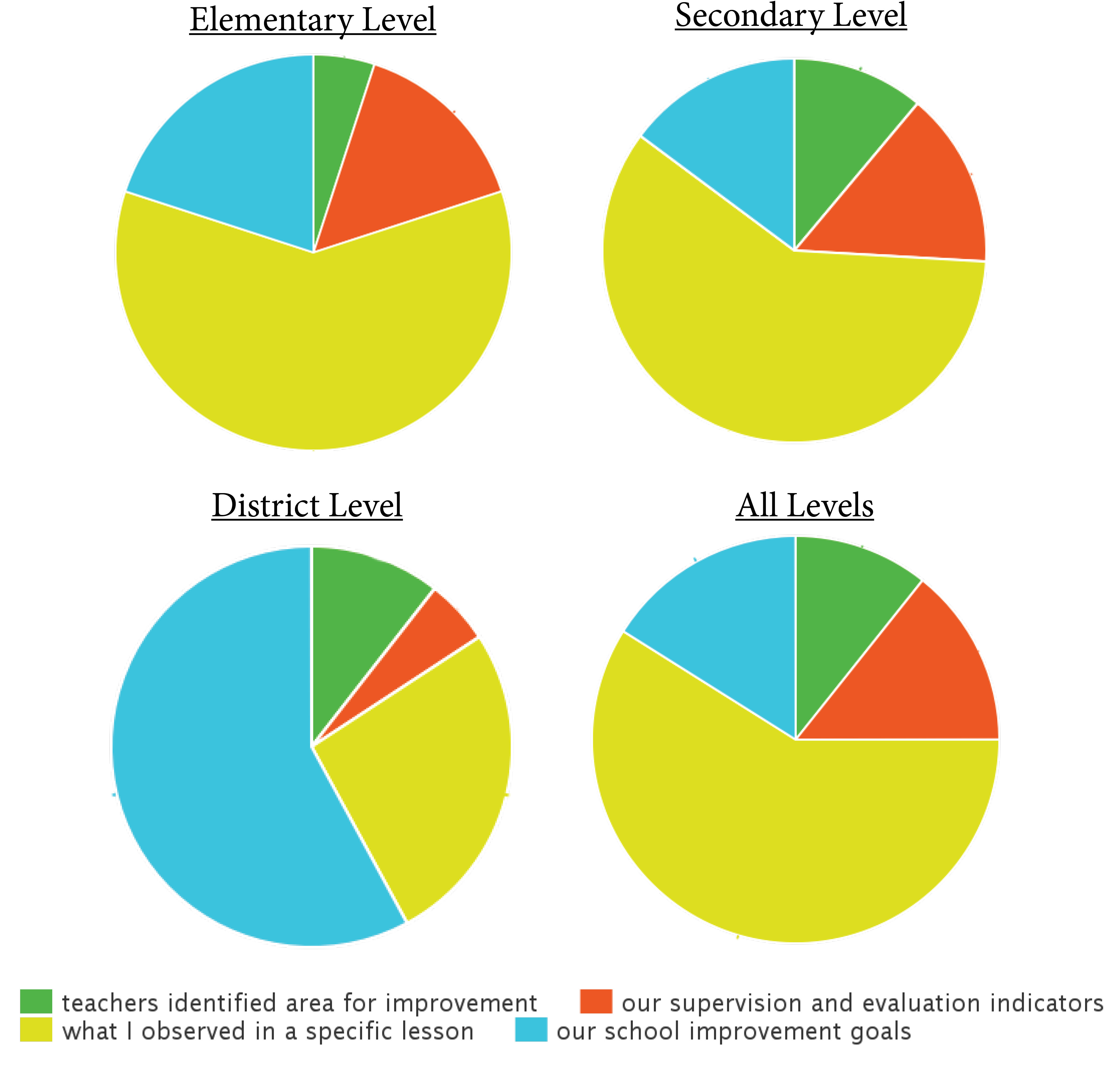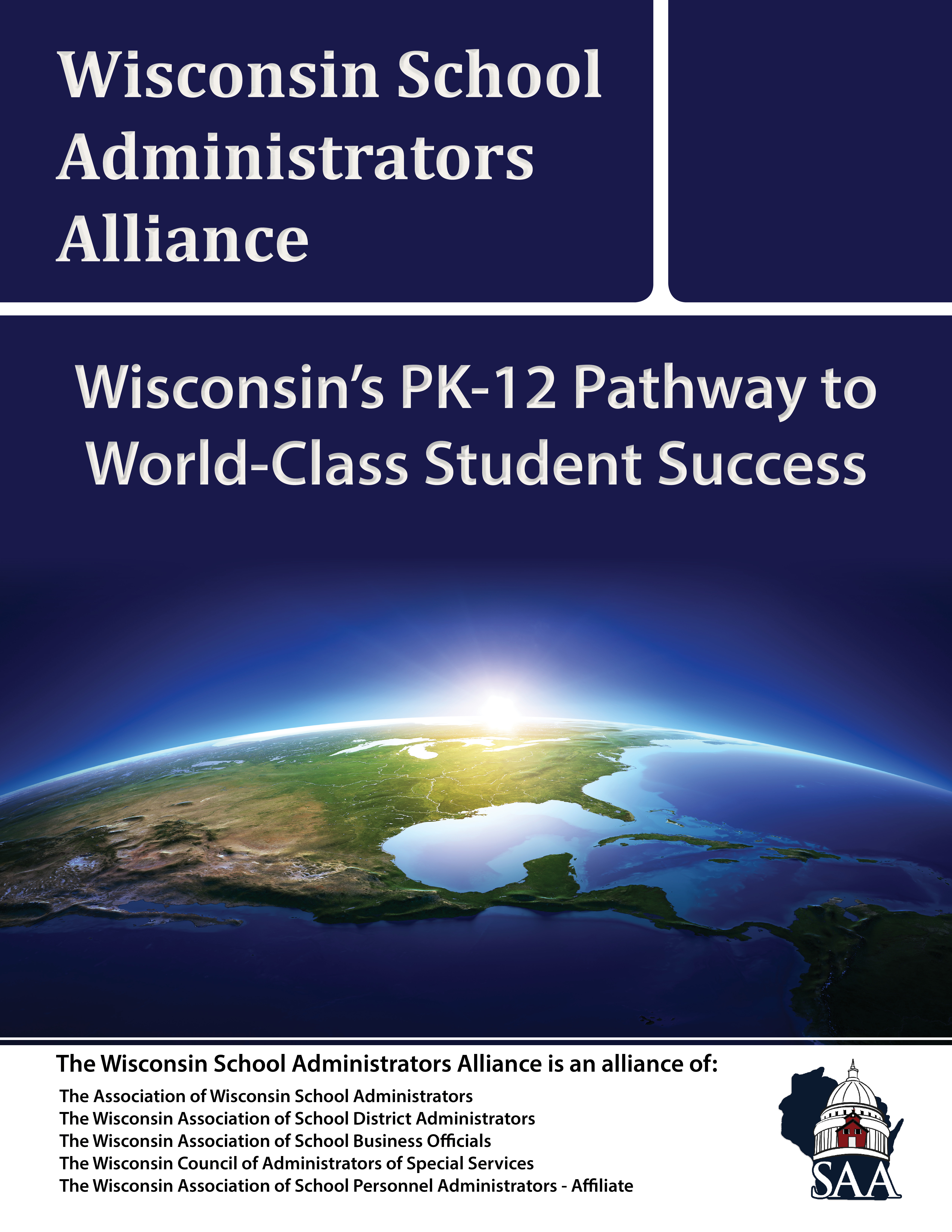November 9th EditionThe Challenge of Our Generationby James Rickabaugh, Ph.D. I recall when I purchased my first cellular telephone in the 1990’s. If I stood in just the right location, often near a window, I could make and receive calls. It was wonderful. It seemed so modern. My cell phone today still makes and receives calls, but I also have my calendar and “to do” list on my phone. I receive emails, texts and tweets. I can find directions, restaurants, gas stations and the latest movies. It tracks my exercise and my location. I can play games, listen to music and write a short memo all on my phone. In fact, my phone probably can do a number of things that I don’t even realize. Innovation Builds Engagementby Dr. Bill Ziegler As school leaders, one of the greatest responsibilities we have is to nurture learning environments where students are fully engaged. Moving out of the traditional mindset of learning to a more innovative approach is critical to the active engagement of students. I believe firmly that Innovation Builds Engagement. When educators design learning opportunities that are out of the box, creative, and innovative, student engagement rises. When students know that their work and contribution makes a true difference in society and the world, they have ownership and greater pride in their work. Makerspaces in Portage Schoolsby Robin Kvalo, Principal of Portage High School We are excited about Makerspaces in Portage. WEMTA introduced us to them. We’ve read articles, attended workshops and taken Naomi Harm’s Makerspace class. While we were excited about the concept, we weren’t sure what they’d look like at the elementary level, let alone the high school. In the fall of 2015, elementary principals provided the LMS and Tech Coach old materials in the science closet to do with what they wanted. At John Muir, the largest elementary school in Portage, the library serves as a staging area for second graders for the 20 minutes before they go into the classroom for the day. The tech coach and elementary library media specialist decided that would be the perfect place to start. They planned a new activity for the students each week. They made it a point to rotate the activities, covering science and math, technology, literacy, and crafts. They started the first week with a box of cleaned out used k-cups and told the students to build something. They have learned to drive spheros, how to connect wires to make a light bulb light up, and how to work as a team to create symmetrical patterns. They have made Oobleck, fossils, baskets and holiday gifts. They have built with all sorts of objects, and used ipads to make pictures 3D and interactive. It has been a huge success. School Accountability Report CardsThe School Accountability Report Cards are set for public release on November 17th, 2018. In an effort to equip educational leaders with information and understanding, AWSA hosted a webinar on October 18, 2016.
Facilitated by Mary Ann Hudziak of CESA 6 and joined by Amy Marsman and Laura Pinsonneault of DPI, over 160 AWSA members engaged in a presentation and Q&A for 90 minutes. If you were unable to join the webinar, you will find related information here.
AWSA would like to remind you to be sure to utilize your accountability trainers, located in your CESA for personal assistance with your report card questions. A list of trainers can be located on the above link (DPI Accountability Resources).
Specific questions for DPI should be submitted to: [email protected]
We hope this information is helpful to you and the resources provided continue to help develop your confidence in your ability to communicate the purpose and calculations/formulas used in the School Accountability Report Cards.
October 26th Poll ResultsThe Wisconsin Educator Effectiveness model allows for more impactful coaching conversations between principals and teachers. Today's poll question is based on the UPDATE article, Leaders as Coaches: Providing feedback that impacts classroom practice.
My conversations with teachers about their instructional practice are primarily focused on:  November 22nd Edition
Help Shape the AWSA-SAA Legislative AgendaState policy directly impacts the educational opportunities we can provide to our students. We have a professional responsibility to provide evidence-based policy recommendations that serve all students. In preparation for the 2017-19 legislative session our policy development team has been drafting proposals for the agenda. The committee’s draft will be shared with the membership in the coming weeks. The draft will be accompanied by a survey asking for your input; please take the time to provide your feedback. Both the policy draft and member input will be discussed at the AWSA-SAA Legislative Committee meeting on December 12.
State Superintendent Submits 2017-19 Budget ProposalTony Evers submitted his budget proposal to the Governor and Legislature on November 15. The State Superintendent’s request includes new funding in several key areas. For example, the proposal targets funding for a comprehensive agenda to address mental health, including: funding for mental health professionals and social workers in schools; grants for school-community collaborations; and for training educators in Mental Health First-Aid, Trauma Sensitive Schools, and School-Based Screening, Brief Intervention, Referral and Treatment (SBIRT). It will be critical to support bi-partisan efforts to address this critical issue in the coming session! The next step in the state budget development process will be when the Governor introduces his budget in January or February. Final passage of the budget is expected in the summer of 2017. Your Role In Influencing State Educational Policyby Joe Donovan School leaders have an important role, as part of their district’s leadership team, to advocate for state policy that prioritizes education and is informed by evidence. In addition, many parent and community education advocacy groups have been forming around the state in the last couple of years. This article describes this trend and provides guidance of where parents in your district can turn if they are interested in advocating at the state level. A new type of local pro-public education group has been taking root in Wisconsin and is reshaping school advocacy. Led by parents, grandparents, small business owners, and other community members, small, local education groups formed in communities across the state during the last legislative session to push back on sharp cuts to public education included in the governor’s proposed 2015–2017 budget. |
